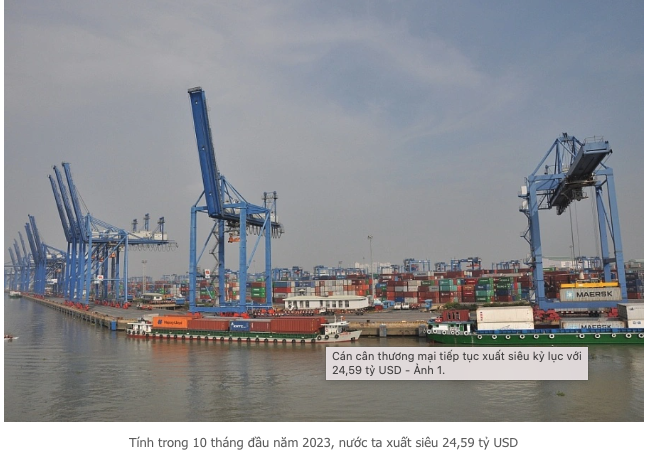Over the years, the development of aquaculture, processing, and seafood exports has transformed the Mekong River Delta (MRD) into one of the key regions for freshwater aquaculture catering to both domestic consumption and international exports. This evolution indicates that, alongside rice cultivation, the local community considers aquaculture a distinctive economic advantage of this region. Fish farming in freshwater ponds brings substantial benefits to both individuals and the local community.

The following are the main benefits of farming fish in freshwater aquaculture areas:
Food supply: Farmed fish is an important food supply, providing essential proteins and nutrients for human health. Especially in some rural areas, farmed fish is the main source of food for residents.
Diversified occupations: Freshwater aquaculture creates employment opportunities for local residents. They can participate in the process of farming, harvesting, and processing fish, increasing their income and improving their lives
Increase Farmer Income: Fish has the ability to grow fast, so, in a short period of time, farmers can harvest and sell fish for profit. This helps to increase the income of rural households and reduce dependence on traditional agriculture.
Contribute to local economic development: Farmed fish contributes to local economic development, creating added value in the economy of freshwater aquaculture areas. Expanding farming activities can also attract investment, facilitate the development of technical infrastructure and improve the quality of life in communities
Protect the environment and water resources: Farming fish in freshwater aquaculture areas helps protect the environment and water resources. Fish play a role in controlling other pest populations and maintaining freshwater ecological balance
Export potential: The farmed fish production in the freshwater aquaculture area has export potential and contributes to the country’s agricultural, forestry, and aquatic product exports. Thereby achieving a trade balance and attracting foreign investment

In conclusion, freshwater aquaculture not only meets food needs, creates employment opportunities, and increases income, but also contributes to local economic development and environmental protection. Farming is an industry with great potential for growth and needs to be encouraged and supported to maximize community and national benefits.
Freshwater aquaculture status in the Mekong River Delta
Vietnam’s Mekong River Delta, also known as the “Western Region,” plays an important role in the region’s agriculture. The Mekong River Delta is located in southern Vietnam, an area with favorable natural conditions for freshwater aquaculture.
Fish diversity: The region is rich in rivers, channels, and large lakes, creating favorable conditions for farming. In this area, many species of freshwater fish such as catfish, catfish, perch, tilapia, redtail, etc. are farmed
Large Production: The Mekong River Delta is a major freshwater fish supply area, supplying freshwater fish to the domestic and export markets. The production of farmed fish is high and it makes an important contribution to the food supply and the country’s export demand.
Sustainability: Freshwater aquaculture has become a sustainable industry in the Mekong River Delta, improving the quality of life and income of rural households.
Government support: The government and related agencies have strengthened support and incentive policies for the freshwater aquaculture industry in the region. This includes technical guidance, infrastructure investment, improving fry quality, financial support, and market access
Technology Active: Mekong River Delta’s freshwater aquaculture industry is technology active. The use of intelligent monitoring systems, environmental controls, and high-tech feeds has improved production efficiency and product quality
However, it should be noted that the freshwater aquaculture industry in the Mekong River Delta also faces some challenges, such as climate change, environmental pollution, and competition in the export market. Sustainable management and resource conservation are necessary to ensure the long-term development of the freshwater aquaculture industry in the region.









